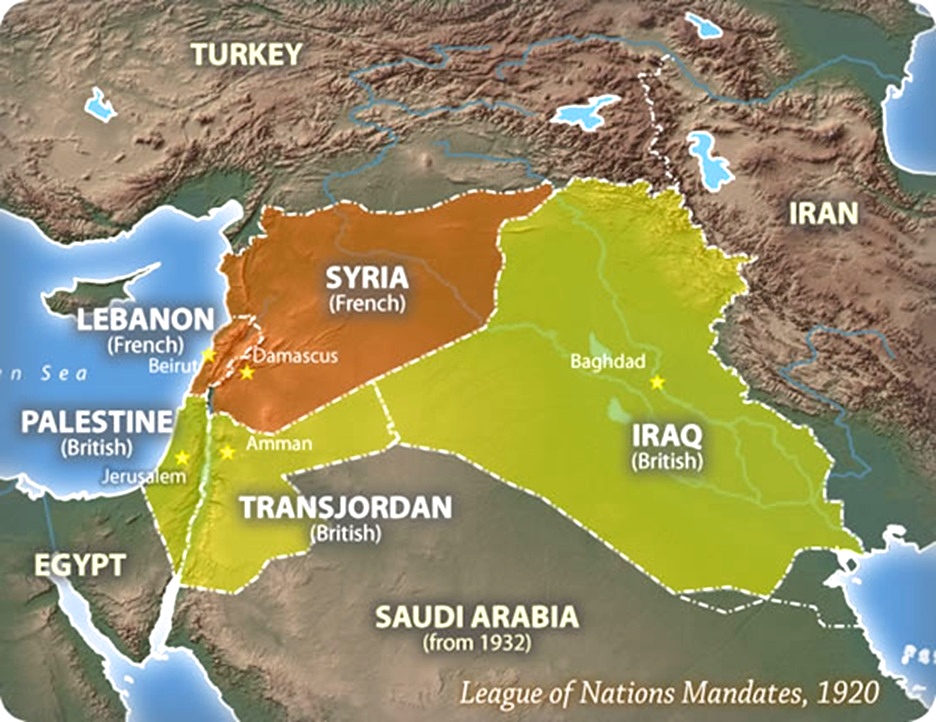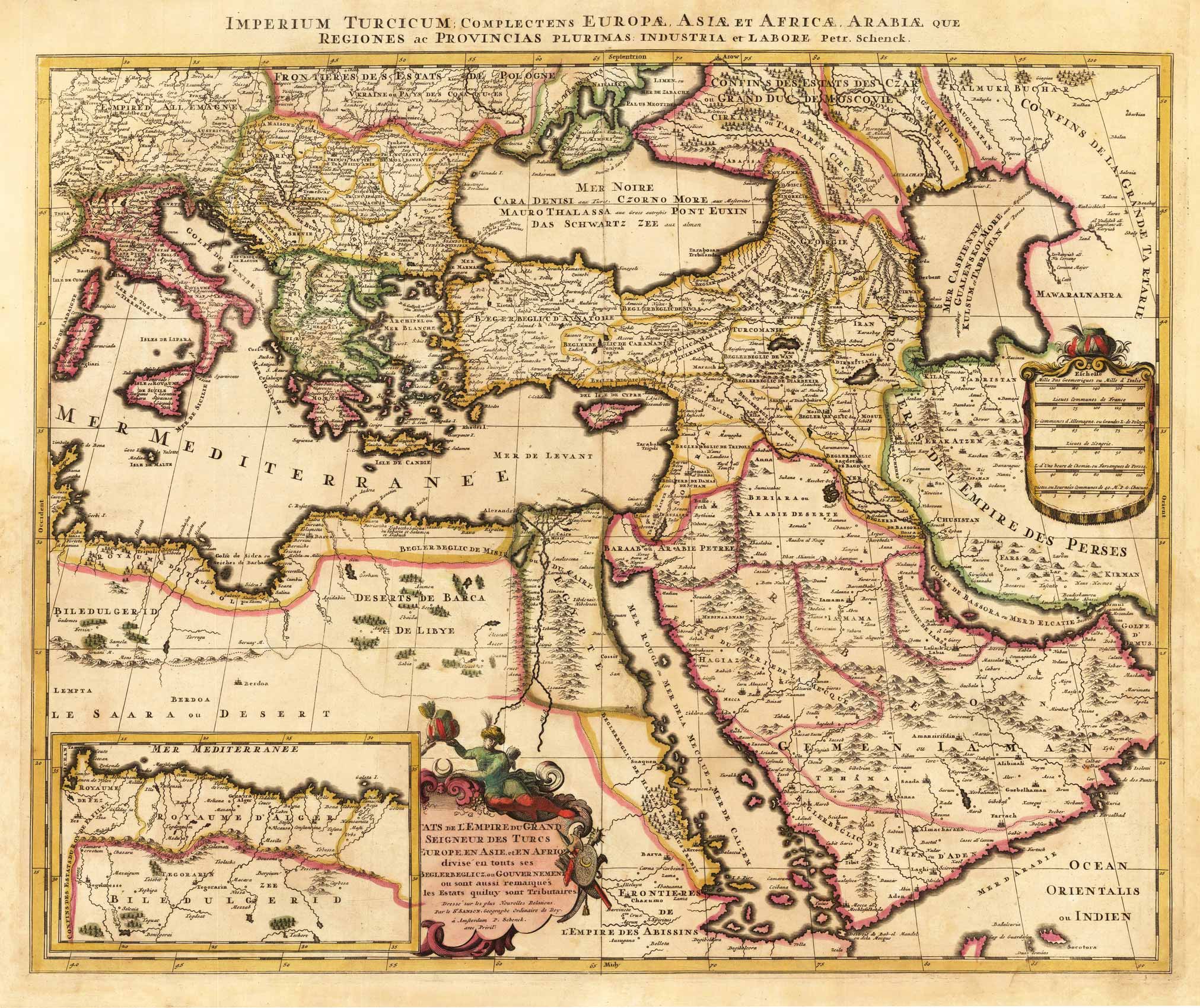
On Sept. 15, the UN High Commissioner for Refugees launched a campaign to eradicate statelessness by 2024, yet in the U.K. political leaders are moving in the opposite direction: seeking greater powers to remove citizenship and identification from potential terror suspects.
Before going to the U.K. in 2000, Mohamed Alenezi was stateless. He was not recognized as a citizen of any nation. Despite being born in Kuwait, the government revoked his citizenship and with it his right to education and a passport.
“I came from a Bedouin family and the Bedouin moved in the desert from area to area,” Alenezi said recently. “There were no borders between Saudi Arabia, Iraq and Kuwait so we could go to any place. Then the countries divided and we were inside Kuwait.”
“At the beginning the government offered nationality and gave us papers until 1983. After that the government began to make rules against the Bedouin people. They took our rights and made us stateless.”
After several years attempting to find work, Alenezi obtained a fake passport and migrated to the U.K. Five years later he became a citizen. “When they told me I had full rights, like all British people, I was thinking why could Kuwait not do the same? I came to the U.K. not from their ethnicity, not from their religion, nothing related between me and them, except humanity.”
An estimated 10 to 12 million people globally are stateless – meaning they have limited or no rights to education, healthcare, housing, employment, voting and movement between countries.
UNHCR's new campaign aims to tackle this by pushing countries to adopt two UN stateless conventions: the 1954 Convention Relating to the Status of Stateless Persons, which aims to provide rights until nationality can be obtained, and the 1961 Convention on the Reduction of Statelessness, designed to prevent statelessness occurring.
Belgium, Colombia, Gambia, Georgia, Guinea, Paraguay and Peru have all signed at least one of the conventions this year, bringing total signatories for the 1954 convention to 82, and 60 for the 1961 convention.
The U.K. has signed both and is one of the few countries with a statelessness determination procedure, offering stateless people a route out of legal limbo. But despite this, the current Coalition government appears intent on bringing in legislation that aids the removal of citizenship.
The Bureau of Investigative Journalism recently found that 48 of the 53 incidents of people stripped of their British citizenship since 2002 happened under the current U.K. government, which came to power in 2010. Over half of these cases were on the grounds of national security and counter-terrorism.
In the weeks since Islamic State (ISIS) attacks began dominating news headlines, British politicians, the country's most senior police officer, Bernard Hogan-Howe, and former archbishop of Canterbury George Carey have all called for increased powers to revoke citizenship rights of those suspected of joining extremist groups abroad.
Prime minister David Cameron announced intentions for legislation to allow parliament, rather than the courts, to determine whether the home secretary Theresa May has the right to remove passports. He also called for “targeted discretionary power to exclude British nationals” if they are suspected of terrorist activities.
London Mayor Boris Johnson made a similar plea, calling for laws to automatically presume anyone visiting Iraq and Syria as terrorists unless they had notified authorities in advance.
Campaigners are concerned that these proposals could leave more people in the situation Alenezi originally found himself in – with no nationality and no rights.
Chris Nash, director of the European Network on Statelessness, said, "It is hugely troubling that the U.K. should be entertaining proposals which would violate long established norms concerning the right to a nationality.”
Already this year a new U.K. law was implemented that could potentially leave more individuals stateless. Previously the government could only revoke citizenship if it was obtained fraudulently or the home secretary thought a person had “done something seriously prejudicial to the vital interests of the U.K.” – and only then if the person had dual nationality so as not to render him or her stateless.
However, an amendment to the Immigration Act was passed in May, removing the clause that citizens could not be left stateless. The home secretary now only requires “reasonable grounds” to believe that individuals are able to become nationals of another country.
This law only applies to people born outside of the U.K., since it would be illegal under international law to strip British-born individuals of their citizenship. More recent proposals have therefore focused on increasing government capabilities to remove passports, which are not an automatic right of any British citizen.
The government has recently removed 23 passports of citizens attempting to travel to Syria and is increasingly seeking to take action on terror suspects who are already abroad. Since 2006 at least 15 British nationals were known to be abroad when orders to revoke their citizenship were issued, making appeals more difficult. There is also evidence that the home secretary deliberately waited for at least one terror suspect to leave the country before revoking his British citizenship.
Such action continues despite parliament's Joint Committee on Human Rights which stated in March that there is a "very great risk of breaching the U.K.'s international obligations" if naturalized British citizens are prevented from returning to the country.
As well as effectively rendering individuals stateless by denying them access to in-country services, many believe this approach also avoids, rather than tackles, the threat of terrorism.
“Potentially, the only countries that would offer nationality to a person reckoned to be a suspected terrorist would be countries that sponsor terrorism,” said Labour MP Chris Bryant.
Shami Chakrabarti, director of the human rights group Liberty, said: “Why demand that the police seize passports on a discriminatory, dangerous basis rather than arrest those intent on committing murder and terror overseas?”
There is also concern that the measures could be used without gaining sufficient evidence, as other anti-terror legislation has in the past. At Guantanamo Bay, for example, Murat Kurnaz was detained for five years but later found innocent.
“Even worse though,” claims Nash, “is that they should be considering this at a time when the UN is launching a 10-year campaign to eradicate statelessness. States such as Myanmar and Bhutan do not need any encouragement to arbitrarily deprive their citizens of nationality.”
Already other countries, including the U.S., are looking to follow the U.K.'s example. Earlier this month, Republican Senator Ted Cruz of Texas attempted to persuade the Senate to consider a measure that would force any American suspected of joining a terrorist group to immediately renounce his or her citizenship. (The move was blocked by Democratic Senator Mazie Hirono.) In Europe, the Norwegian government is considering similar measures and in France, rightwing Front National leader Marine Le Pen is calling on the French government to do the same.
“UNHCR’s campaign is hugely welcome in hopefully sparking efforts to tackle this issue, and the goal of eradicating statelessness within a decade is realistic – but only if it proves possible to garner sufficient political will,” said Nash.
“The U.K. risks setting a very dangerous precedent which could seriously undermine global efforts to tackle statelessness just as they are starting to gain momentum.”
3 WAYS TO SHOW YOUR SUPPORT
- Log in to post comments














